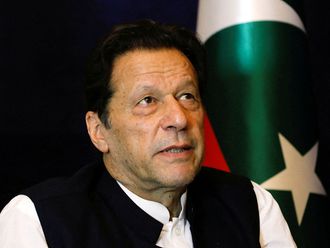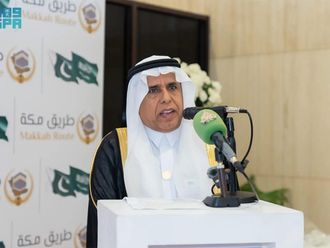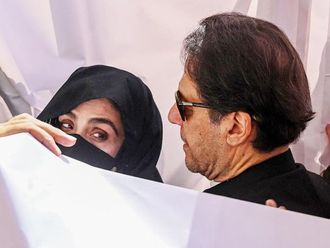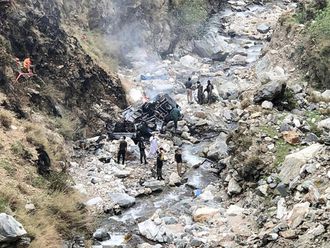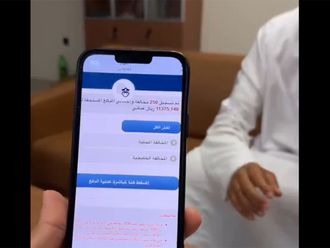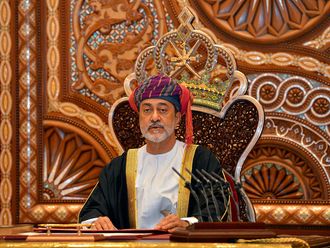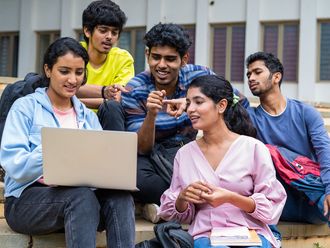Islamabad: With a focus on poverty alleviation, the PTI government will double funds for social protection in the upcoming budget 2019-20.
A programme has been chalked out to reduce inequality, invest in people and uplift poor districts.
Special Assistant to Prime Minister on Social Protection & Poverty Alleviation Dr Sania Nishtar while briefing the media termed the proposed poverty alleviation programme Ehsas in line with Prime Minister Imran Khan’s vision.
In his election campaign and during many of his interviews, Imran has been sharing his vision of a welfare state based on his concept of the State of Medina.
Nishtar, while explaining Ehsas, said the decision to double the amount for social protection reflected Imran’s vision to bring the marginalised sector into the mainstream.
Nishtar said Ehsas was a comprehensive and multifaceted programme with 115 policies under four pillars including the addressing of elite capture, making the government system work to create equality, safety nets for the disadvantaged population, jobs and livelihoods and human capital development.
With the creation of Ministry of Social Protection and Poverty Alleviation Coordination, she said all the departments including Benazir Income Support Programme, Pakistan Bait-ul-Mal, Zakaat, Pakistan Poverty Alleviation Fund, Trust for Voluntary Organizations would work under the umbrella of one ministry.
A one-window social protection operation will be introduced to assist social protection beneficiaries, besides reducing duplication, Nishtar maintained.
She said a new policy was formulated to guide the use of development expenditure by parliamentarians to promote transparency, independent oversight and accountability.
Funds will be earmarked for those below a certain poverty line while allocating kiosks, tea shops, newspaper stands, shoe-polishing booths on government-owned land or in government-owned hospitals, parks and railway stations.
She said registration of slum residents would be made mandatory to facilitate their inclusion in case of commercialisation of the area.
Multiple validations of the National Socioeconomic Registry through follow-up review surveys and use of big data analytics were in process to identify the poor and the deserving.
Two new social protection programmes were being introduced namely, Kifalat and Tahafuz.
Under the Kifalat programme, stipends would be disbursed among 7 million women on a monthly basis enabling them to undertake their own business ventures and help their families out of poverty.
She said poor women would be given mobile phones and bank accounts as part of increasing financial literacy and it would be fully operational by October.
The Tahafuz programme is aimed at benefiting people who have suffered unexpected financial problems in life.


